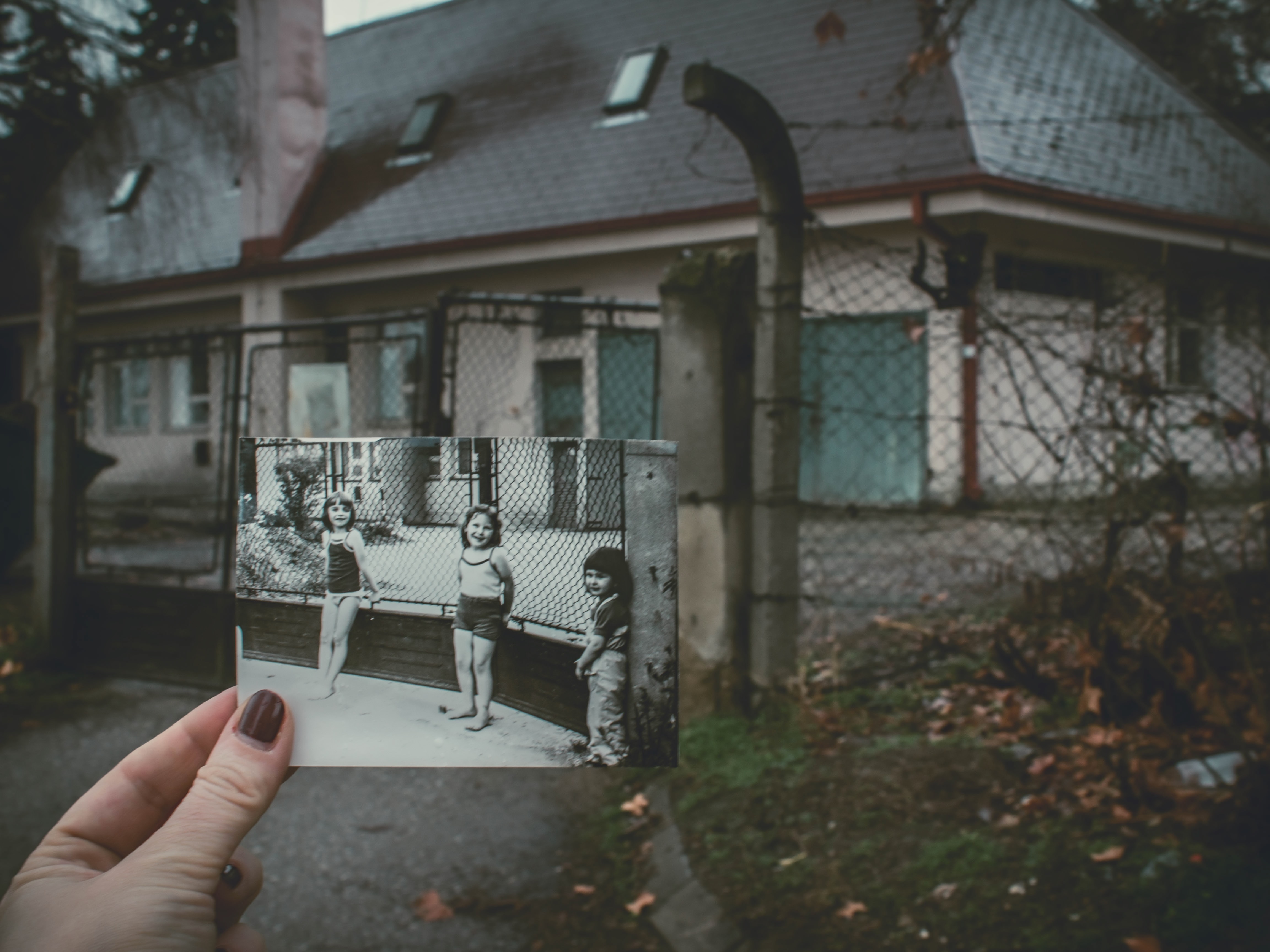
Your brain state before you build a memory determines if you will remember it or not? Can we create superbrains that will remember every single little thing? With the age of computers, will we want that – or maybe we want a spotless mind?
Elevated activity in areas of the brain associated with attentional control just before events increases the probability that we will remember the event. This finding emerged from a new international study undertaken at the University of Haifa in cooperation with the Weizmann Institute and the Universities of Colombia, Cambridge, and Zurich. The study was published in the journal Cerebral Cortex.
“Our lives can be viewed as a string of scenes in a play, transitioning from one event to another (like taking the bus and then bumping into a friend on the street). Our study found that what determines whether we will remember a given event, such as a chance encounter with a friend on the street, isn’t just our brain activity during the event itself, but the state of our brain moments before the event began,” explains Dr. Noga Cohen of the Faculty of Education at the University of Haifa, one of the authors of the study.
Our daily lives are full of events and experiences. But what in our brain determines which events will be remembered and which forgotten? Most studies in the field of memory concentrate on the encoding and consolidation of memory– that is, what happens to the brain from the moment the event begins.
The study included 50 participants who watched over 100 video clips, each several seconds long, featuring various scenes from everyday life. Each clip included one significant scene, such as a conversation between two people. The participants were told in advance which clips they should remember, so that they were not required to remember all clips. The participants watched the clips while lying inside an MRI scanner that measured their brain activity. Participants were then asked to remember the central scene in each clip – even for clips they were told beforehand that they didn’t have to remember.
The study revealed that before watching the scenes that they remembered – whether they attempted to memorize them or not – there was elevated activity in the cingulo-opercular network (CON), relative to scenes that were not remembered. The researchers explain that CON is known to be associated with attentiveness and focus on current goals. Activity in this network just before the scene was associated with enhanced activity during the scene itself in other areas of the brain involved in encoding information, while reducing activity in areas of the brain associated with mind wandering.
Dr. Cohen notes that the fact that this network was active even in cases when the participants were not actively trying to remember the scene shows that it can also operate in a non-voluntary way.
“This suggests that the activity in this network is important not only when we are making a deliberate effort to remember something, but also during routine daily activities. The understanding that the memory process begins before the event itself is important, and may lead to the development of tools that will be able to help people suffering from memory impairments,” Dr. Cohen concluded.
